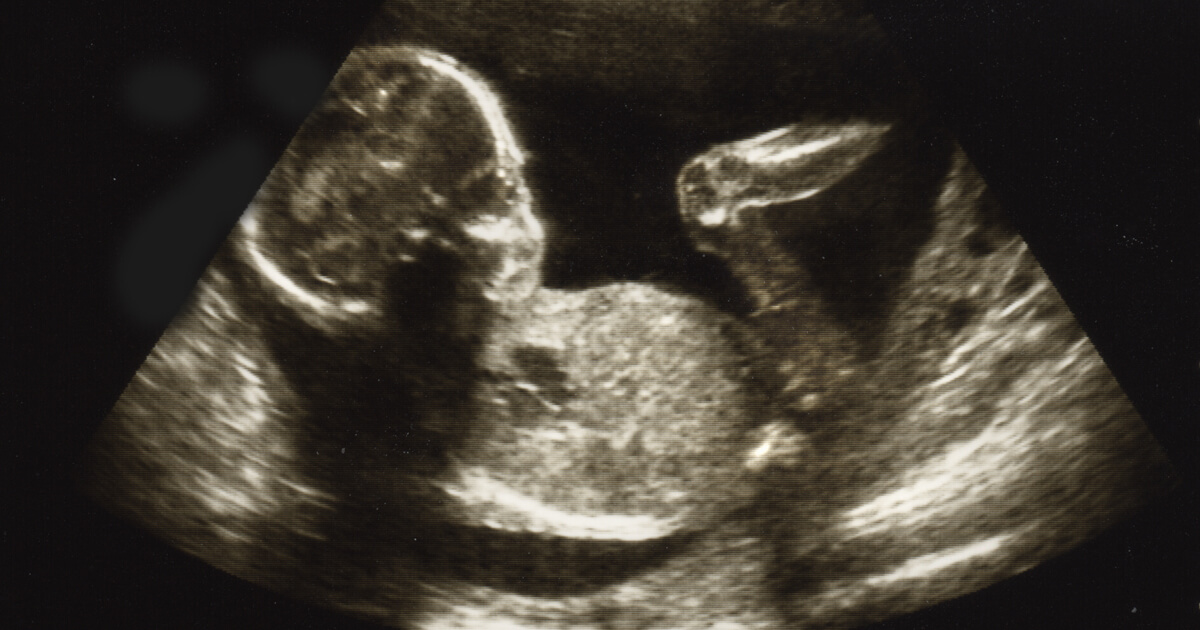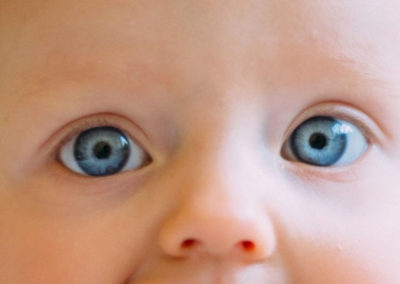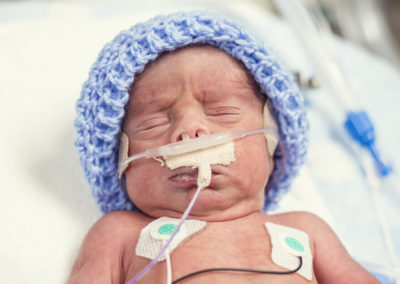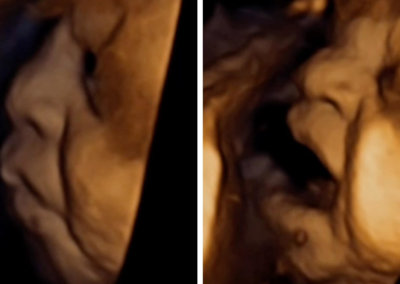A national survey of French prenatal diagnosis centres has revealed that for late-term abortions 97% of abortion clinics or hospitals surveyed will always give unborn babies pain relief prior to administering a lethal injection that induces a heart attack (known as feticide).
This is done in accordance with the guidelines of the French College of Obstetricians and Gynaecologists which states:
[English translation]: “Fetal analgesia is justified by pain stimulation in case of an intracardiac puncture, but also because the injection of KCl [potassium chloride] or death itself can be painful.”
The survey found that the vast majority of centres (82%) routinely administered pain relief injections directly into the umbilical cord, which has no nerve cells and therefore would not be painful, as opposed to directly into the unborn baby.
The French survey also revealed that Xylocaine is used almost exclusively for the heart-attack-inducing lethal injection involved in ‘feticide’ rather than potassium chloride. Xylocaine has anaesthetic properties whereas dilute potassium chloride given intravenously to adult patients has been described as ‘excruciatingly painful’.
In contrast, the use of painkillers in the UK is not required by law or suggested in official guidelines.
This in itself is contradicted by the standard NHS practice of giving painkillers to unborn babies receiving surgery in the womb for spina bifida.
Estimates have predicted that 80 percent of unborn babies diagnosed with spina bifida, each year, are aborted. However, pro-life campaigners are hopeful that now the surgery has been made routinely available on the NHS the number of unborn babies terminated each year will fall.
A spokesperson for Right to Life UK Catherine Robinson said:
“There is a glaring inconsistency, here. Last year, in the UK, 3602 women underwent an abortion at 20 weeks or later without any guidance mandating the use of pain relief for the unborn baby; many of these will be following the diagnosis of a disability. Yet, in the very same hospitals, mothers are being assured that their babies of the same age will feel no pain while undergoing spinal surgery in the womb because pain relief is being administered.
“Why is there this discrepancy? Perhaps it is because the provision of painkillers to a baby that is about to have their life ended would help bring home the reality of abortion. To recognise their pain would have a deeply humanising effect on unborn babies, which is something that abortion supporters are keen to avoid. It would acknowledge that there is another human being who is being denied their right to life, while they are at their weakest and most vulnerable.”












